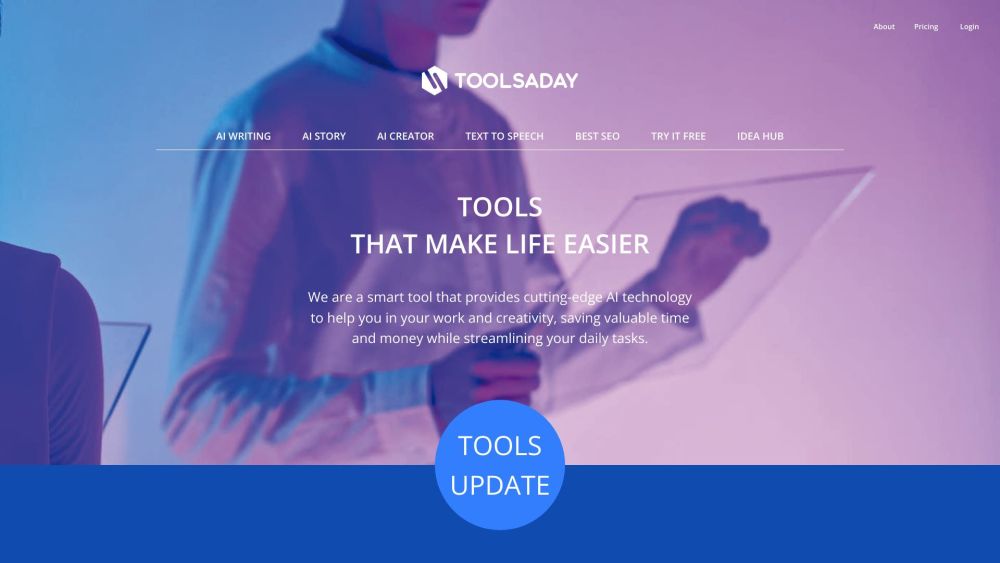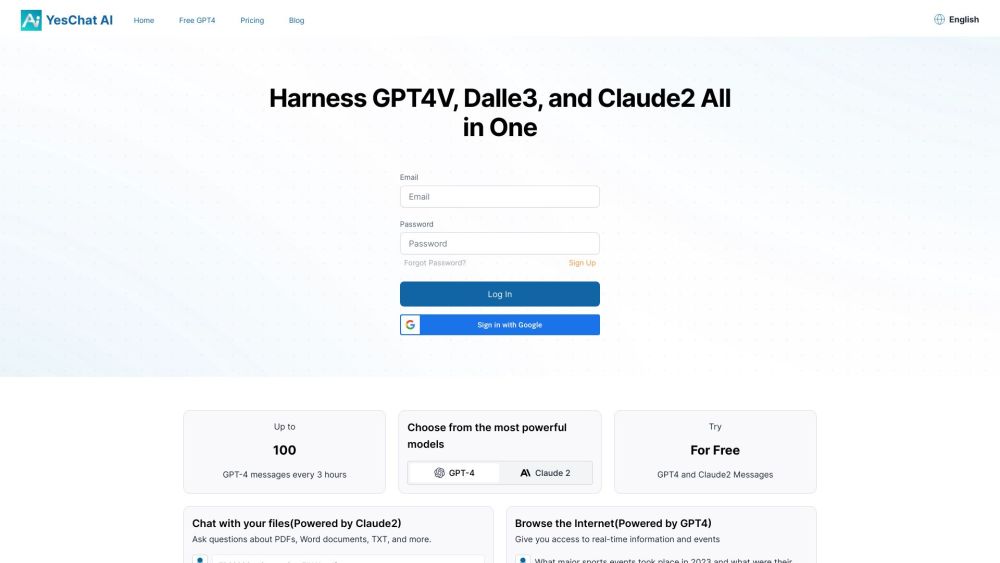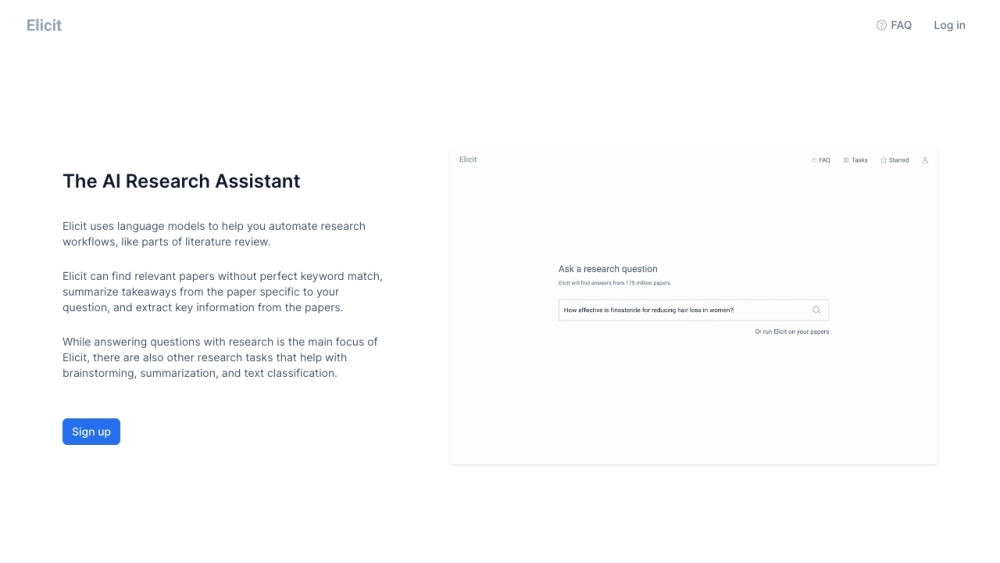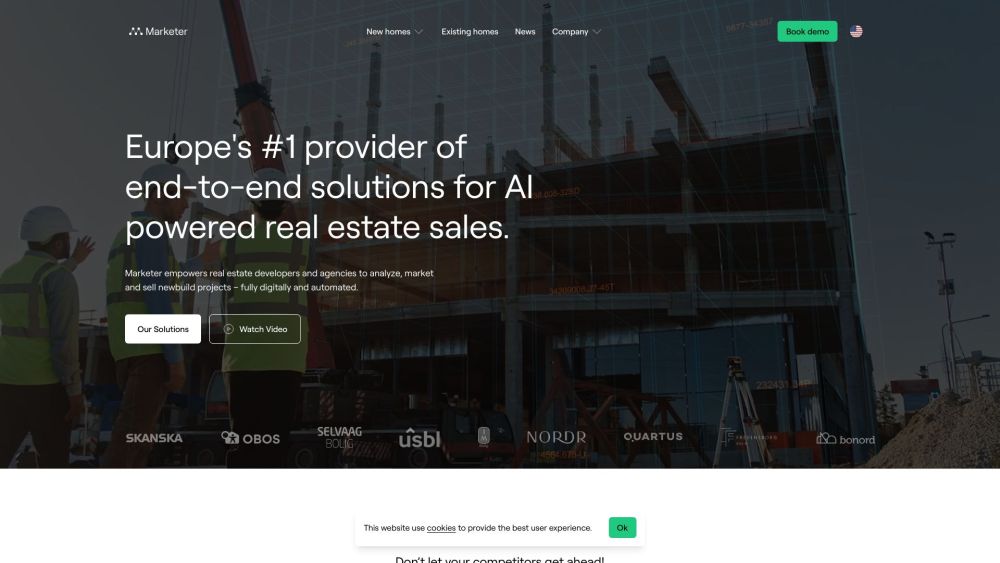On October 9, 2023, the Royal Swedish Academy of Sciences announced the recipients of the 2024 Nobel Prize in Chemistry: David Baker, Demis Hassabis, and John M. Jumper. They were honored for their innovative work in protein design and structure prediction, with the prize totaling 11 million Swedish kronor.
The Nobel Committee lauded Baker, a researcher at the University of Washington, for successfully creating entirely new proteins. In contrast, Hassabis and Jumper, UK scientists from Google, developed AlphaFold2, an artificial intelligence model that has effectively addressed a 50-year-old challenge by accurately predicting the complex structures of around 200 million proteins. This groundbreaking tool is now in widespread use, benefiting over two million researchers globally.
Demis Hassabis, one of the laureates, has been hailed by renowned physicist Stephen Hawking as "one of the smartest humans on Earth." He co-founded DeepMind, the British AI company acquired by Google for $600 million in 2014, even before launching any products. Under Hassabis's leadership, Google shifted its strategy from mobile-first to AI-first, following the excitement generated by DeepMind's AlphaGo, which earned him the affectionate title of "father of AlphaGo."
DeepMind's advancements continued with AlphaFold, which made significant strides in protein prediction. In 2017, during his visit to China, Hassabis showcased his vision of using artificial intelligence to unravel the universe's mysteries in an exclusive interview after a match against world-class Go player Ke Jie.
A child prodigy, Hassabis excelled in intellectual games from a young age, starting chess at four and earning his master title by thirteen. This early success shaped his interests toward computing instead of a professional chess career. He founded a gaming company and later pursued a PhD in neuroscience before establishing DeepMind with AI experts Shane Legg and Mustafa Suleyman.
Hassabis maintains a distinct work rhythm, beginning his day at 10 AM and often working through the night. His diverse background—a creative father of Greek and Cypriot descent and a Chinese mother from Singapore—fostered a nonconformist approach to life, inspiring him to forge his own unique path.
Following DeepMind's acquisition by Google, the development of AlphaGo culminated in a watershed victory against world champion Lee Sedol, marking a significant milestone in AI. After this achievement, Hassabis redirected his team's efforts toward solving broader scientific challenges, including developing algorithms to discover new disease treatments.
Last year, Google merged Google Brain and DeepMind into a new department, Google DeepMind, to enhance its innovative AI research while upholding ethical standards. This collaboration led to the launch of Gemini, a competitor to ChatGPT. In May, AlphaFold 3 was introduced, achieving remarkable accuracy in predicting the structures and interactions of all life molecules, including proteins and DNA.
In recent interviews, Hassabis discussed his evolving views on AI, noting that while the technology may be overhyped in the short term, it is likely to be undervalued in the long term. He emphasized the importance of listening to experienced voices in the field rather than those simply following trends.
Hassabis is optimistic about AI's ability to solve complex mathematical problems and generate innovative hypotheses. Former Google CEO Larry Page praised Hassabis at a TED conference, highlighting DeepMind as one of the most exciting developments he had witnessed. Hassabis believes that the UK has a rich heritage in computing and AI brilliance, citing pioneers like Alan Turing and Tim Berners-Lee.
Leading a diverse team from over 60 countries, Hassabis drives DeepMind in tackling some of the most compelling challenges in AI. He asserted that addressing AI problems is one of the most intriguing pursuits, attracting the brightest minds. While the competitive landscape in technology may have shifted, he firmly believes that "human intelligence will be amplified by AI, serving as a tool akin to the Hubble telescope to propel human civilization forward."





